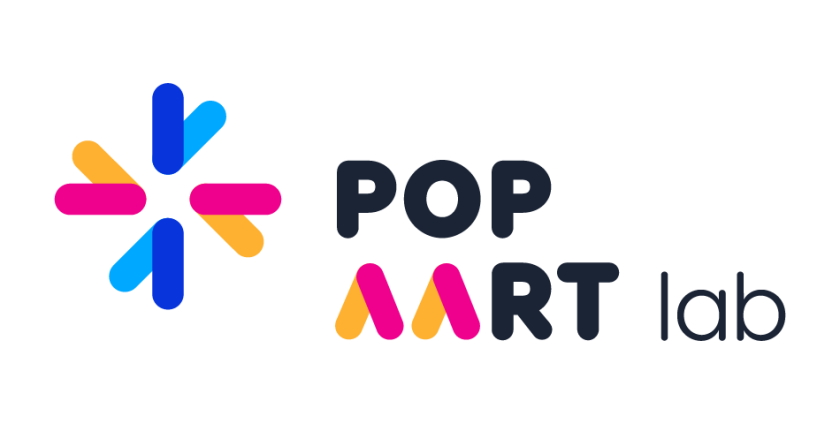Elekta to work with academics on AI-directed radiotherapy

Radiotherapy specialist Elekta has joined forces with two academic groups in the Netherlands to explore the use of artificial intelligence (AI) to deliver more effective personalised therapy to patients.
The Swedish company will collaborate with scientists at the Netherlands Cancer Institute and University of Amsterdam (UvA) on a project that aims to use AI to improve the quality of imaging used to direct radiotherapy and guide the delivery of treatment.
While commercial vendors and academic institutions have created AI tools for radiation oncology, none have yet been widely adopted by clinicians in clinical practice.
The initiative – dubbed the Partnership for Online Personalized AI-driven Adaptive RT (POP-AART) – is focusing on adaptive radiotherapy, which changes to account for internal anatomical changes that occur over the weeks and months that can elapse during treatment.
This a great challenge that should be a part of every treatment session, because the patient and the tumour are continuously in motion and change shape over time, said Elekta, adding that in the past this has been impossible to achieve due to "computational and workflow complexities".
AI and machine learning promises to overcome that obstacle, according to Jan-Jakob Sonke, group leader of adaptive radiotherapy at UvA.
"Not only is it our ambition to create incredibly innovative AI algorithms – we also want to make sure that they can be applied to clinical practice so patients can receive even better treatment," he said.
That means giving patients the right dose of radiation, at the right spot, with the least damage to surrounding healthy tissue.
The POP-AART lab – led by Sonke and UvA associate professor on computer vision and deep learning Efstratios Gavves – has six PhD students working on the same number of research topics.
Two are focusing on developing models that can improve the quality of images provided by cone beam computed tomography (CBCT) and aid in their interpretation, while two more will look at using deep learning (DL) to combine different images to improve accuracy (registration) and separating healthy from tumour tissue (segmentation).
The final two projects will concentrate on AIs that can predict the best dose distribution for particular anatomies and to optimise radiation treatment plans.
The POP-AART lab has been backed by a grant from the Netherlands Enterprise Agency (RVO).












